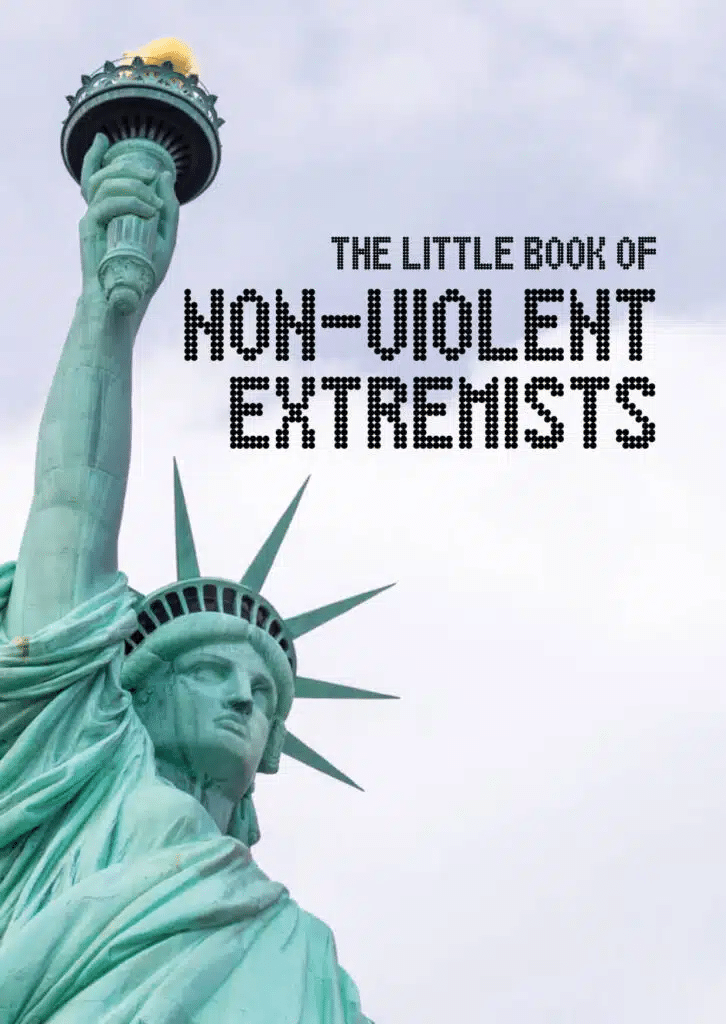The Christian Institute has warned that the Government’s new definition of extremism is a “serious and unnecessary threat to free speech”.
Following the Prime Minister’s pledge to tackle “acts of violence” against Jews and Muslims, Communities Secretary Michael Gove announced plans to block groups deemed to be ‘extremist’ from accessing public funding or engaging with the Government.
The new definition categorises extremism as the “promotion or advancement of an ideology based on violence, hatred or intolerance” that aims to “negate or destroy the fundamental rights and freedoms of others”, or “undermine, overturn or replace the UK’s system of liberal parliamentary democracy and democratic rights”.
Free speech
The Government claims the definition is a “high bar that only captures the most concerning of activities” and will not “affect free speech, which will always be protected”.
But the Institute’s Deputy Director Simon Calvert stated: “Previous attempts to widen the definition of extremism have been so broad and expansive that they would have caught many ordinary people going about their daily lives, campaigners, political activists and those holding traditional beliefs.
“There is already a vast arsenal of existing laws that can be used to arrest and prosecute those who spread hatred or promote extremist ideologies. There’s no need for this new definition of extremism.”
‘Democracy needs dissent’
The Institute is relaunching ‘The Little Book of Non-Violent Extremists’, which highlights how political campaigners such as William Wilberforce could have fallen foul of the new measures.
Mr Calvert explained: “This little booklet makes the big point that some non-violent ‘extremists’ turn out to be heroic people of global significance. These were people willing to be in a minority of one. People who shook up the consensus of the day. How glad we are that they did.
“Sometimes unpopular ideas are just what a society desperately needs. Ideas put forward by people once thought seditious, dangerous or just plain crazy have greatly blessed our land and others. Democracy needs dissent, and silencing it undermines its very foundations.”
This little booklet makes the big point that some non-violent ‘extremists’ turn out to be heroic people of global significance. Successive UK governments have sought to confront non-violent extremism. But without a clear, precise and well-understood definition this is a dangerous road to go down. Our little list of heroes could easily have been accused of breaching modern ‘non-violent extremism’ thresholds.
Terrorism experts
Earlier this week, leading national security figures warned the Government against expanding its definition of extremism.
Former head of Counter Terrorism Policing Neil Basu, former Chief of General Staff Lord Dannatt, and three previous Home Secretaries signed a letter calling for a “shared understanding of extremism and a strategy to prevent it that can stand the test of time, no matter which party wins an election”.
The Government’s Independent Reviewer of Terrorism Legislation Jonathan Hall KC said the definition is “very loose” and the “distinction from the way we deal with terrorism couldn’t be clearer”.
He stated: “The proposed policy is about ideology. But a lot of respected scholars and thinkers would say you go after action, because ultimately what matters is if someone acts violently or encourages violence”.



